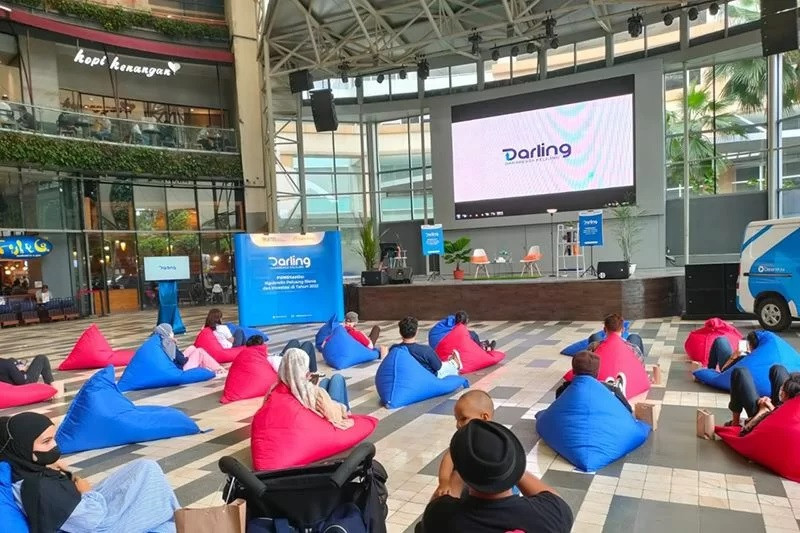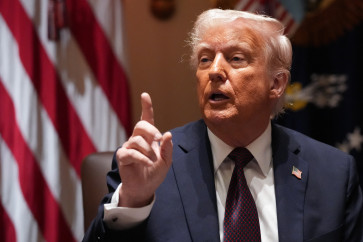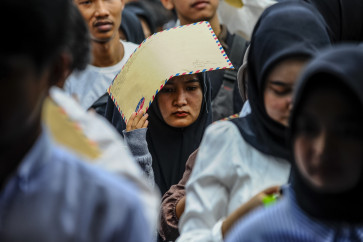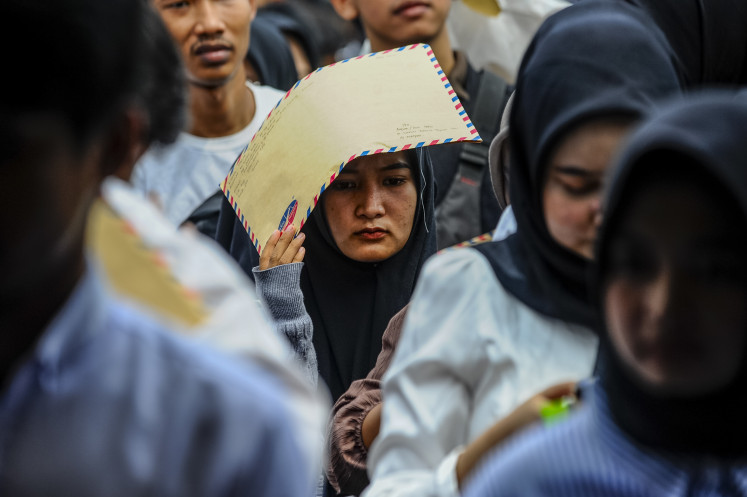Wooing millennials to invest in sustainable projects
A larger contribution by domestic investors will ensure that development financing is accessible and financial stability is easier to maintain in the face of global uncertainties.
Change text size
Gift Premium Articles
to Anyone

F
or three years in a row, retail investors based in Indonesia have grown remarkably in number and shown an upward trend. As of July 2022, the number of retail investors in the country increased by 24.43 percent to reach 9.32 million compared with 2.5 million in 2019 and represents a sturdy signal of stronger domestic finances. Although the number has increased each year, it has great potential to develop bigger in terms of both quantity and quality.
There is room to expand in quantity by tapping the productive age, especially the youth, as potential domestic investors. The ratio of retail investors against the population of the productive ages (between 15 and 64 years old) is only 4.7 percent. Furthermore, about 60 percent of retail investors are millennials (under the age of 30).
Taking into account the demographics of the Indonesian population, which is dominated by millennials, Indonesia has great potential to increase the number of retail investors, especially from the younger generation (millennials and Gen-Z).
In quality, adequate understanding of various financial instruments, along with wise financial management and knowledge of investing, are important. Retail investors are expected not only to participate in financial markets, but also possess product knowledge and show good investment management practices, including knowledge of their rights and obligations as investors.
Financial literacy will help investors choose safe investment instruments according to their investment objectives and risk profile. Likewise, in the event of a dispute, investors are aware of protection aspects and investor complaints.
Thus, retail investors can become wise investors and build a sustainable investment culture.
A well-literate and sustainable investor holds the key in unlocking huge economic financing potentials Indonesia has outlined. Moreover, a larger contribution of domestic investors will ensure that development financing is accessible and the financial system stability is easier to maintain in the face of global uncertainties.
With the increasing role of well-literate domestic investors and easy access to investment, it is hoped that financial welfare will increase and, in turn, impact on people's well-being, which is reflected in the per capita income of the country.
However, newcomers and youth investors mostly tend to drop one-shot investments and leave it behind. Millennials and Gen-Zers are known to be tempted to seek instant results and an easy quit. Sustainable investment becomes critical, especially for up-and-coming investors who mostly belong to these two generations.
Investment, on the other hand, is not a one-deal action. It requires maintenance, perseverance and periodical review. These behaviors will emerge if the skill to think long-term exists in the first place.
From the market side, the demand to invest in sustainable instruments is driven, in part, by the awareness of millennials who show passion to invest that is in alignment with sustainability. The growing public awareness of climate change has also given a boost to sustainable and green investments, especially coming from the younger generations.
Young investors seem to be aware that they could buy the time through active efforts, and one of them is by investing in sustainable projects.
They believe that investing in sustainable instruments will support the national and global commitment to the reduction of greenhouse gas emissions. These financial products can be in the form of green bonds as well as Islamic financial instruments.
On the other hand, the government needs to support the continuous effort to increase the quantity and quality of retail investors. One of the major breakthroughs is to develop a program such as LIKE IT (Leading Indonesian Financial Literacy) as a joint effort to raise financial literacy for the millennials in particular and the public in general.
The program is meant to expand the retail investor base, while deepening the financial markets in the country.
Bank Indonesia (BI) initiated the LIKE IT program in 2020 and continued it in 2021. The program consisted of a series of financial literacy activities organized under the auspices of the Coordination Forum for Development Financing through Financial Markets (FKPPPK), where the Finance Ministry, BI, the Financial Services Authority (OJK) and Indonesia Deposit Insurance Corporation (IDIC) served as members.
LIKE IT succeeded as an alternative education program, thanks to the participation of prominent speakers and the audience’s easy access to it.
To close, as we recently celebrated the 77th anniversary of Indonesia’s independence, the spirit to unite and contribute to the nation will hopefully inspire the young generations to join the capital market. We no longer fight for the nation with bambu runcing (spiked bamboos), but by becoming investors in our own country.
***
The writer is a junior economist at Bank Indonesia. The views expressed are her own.









